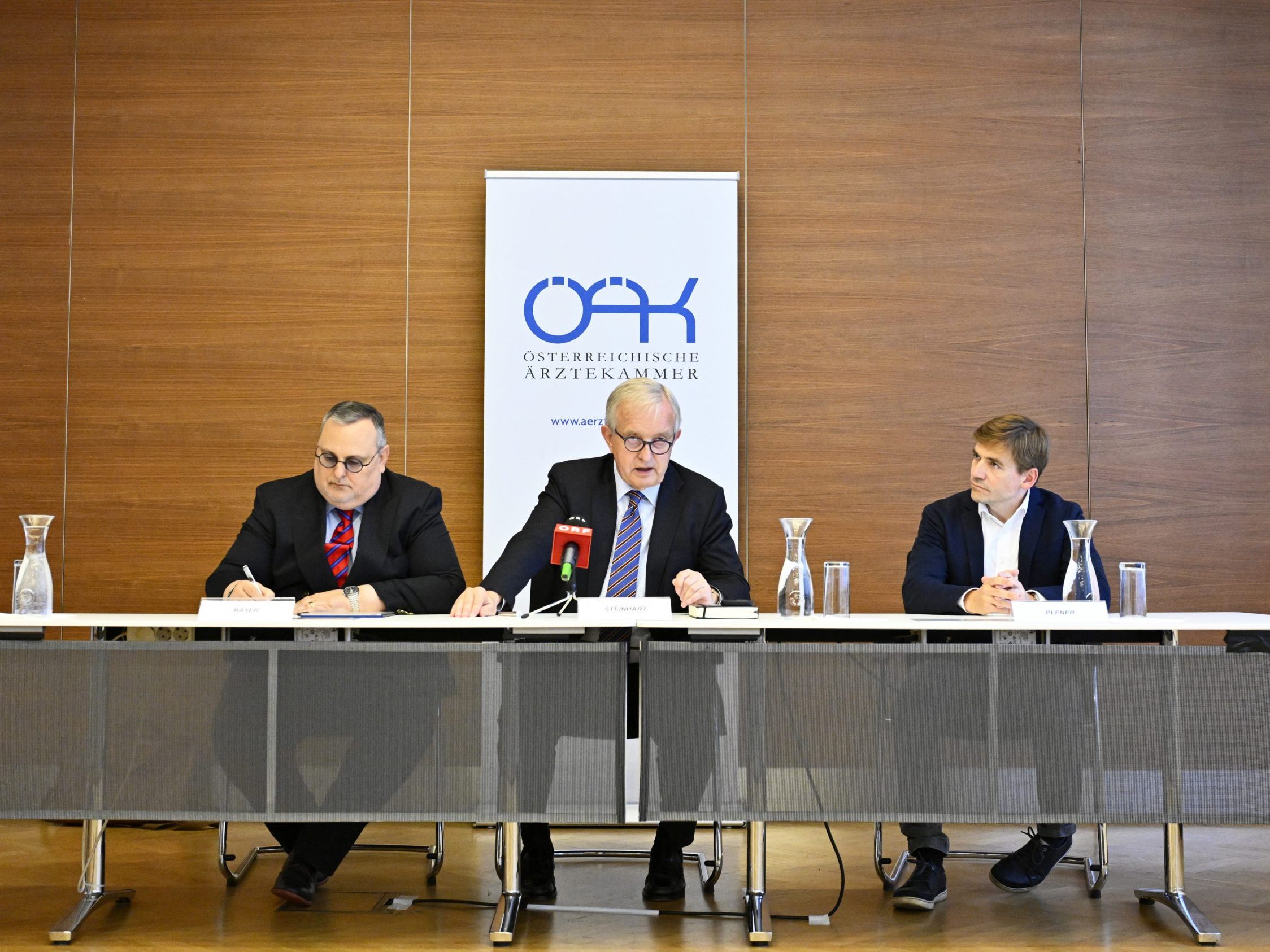A week after the rampage in Graz with ten fatalities, the Austrian Medical Association (ÖÄK) warns of a dramatic undersupply in child, adolescent, and adult psychiatry. "We have an enormous need for action," stated Chamber President Johannes Steinhart on Tuesday at a press conference in Vienna. The Medical Association calls for more training places, better framework conditions, and targeted investments in prevention and care.

Mental Health: Medical Association Warns of Care Gap
17-06-2025, 15:09
Long waiting times, increasing emergencies
According to a waiting time study by the Vienna Medical Association, the median waiting time for an appointment in child and adolescent psychiatry last year was 90 days – the highest value among all specialties. Additionally, 40 percent of practices stated they were no longer accepting new patients. In adult psychiatry, the waiting time was 37 days, with 20 percent of practices at capacity.
Paul Plener, head of the clinic at MedUni Vienna, reported that the number of acute psychiatric emergencies in children and adolescents has increased by 80 percent since 2020 – from 1,000 to 1,800 cases. "A decline after the pandemic is not apparent," emphasized Plener.
Shortage of specialists looming
Dietmar Bayer, deputy chairman of the panel of self-employed doctors, also warned of an impending wave of retirements: In the next five years, 24 percent of child psychiatrists and 37 percent of adult psychiatrists will reach retirement age. Already, 11 percent of child psychiatrists and 21 percent of adult psychiatrists are over 65 years old. "We are already five past twelve," said Bayer.
Networking, integration, and prevention
As concrete measures, the Medical Association calls for the expansion of training positions, the integration of child psychiatric care into existing primary care units, and the establishment of regional care networks with outpatient, day clinic, and inpatient services.
Psychosocial prevention must also be strengthened – for example, through education in schools, mandatory training for teachers, and low-threshold services such as online psychotherapy. "Investment in prevention is more effective than metal detectors and security personnel," said Plener, referring to the recent act of violence in Graz.
(APA/Red)
This article has been automatically translated, read the original article .




